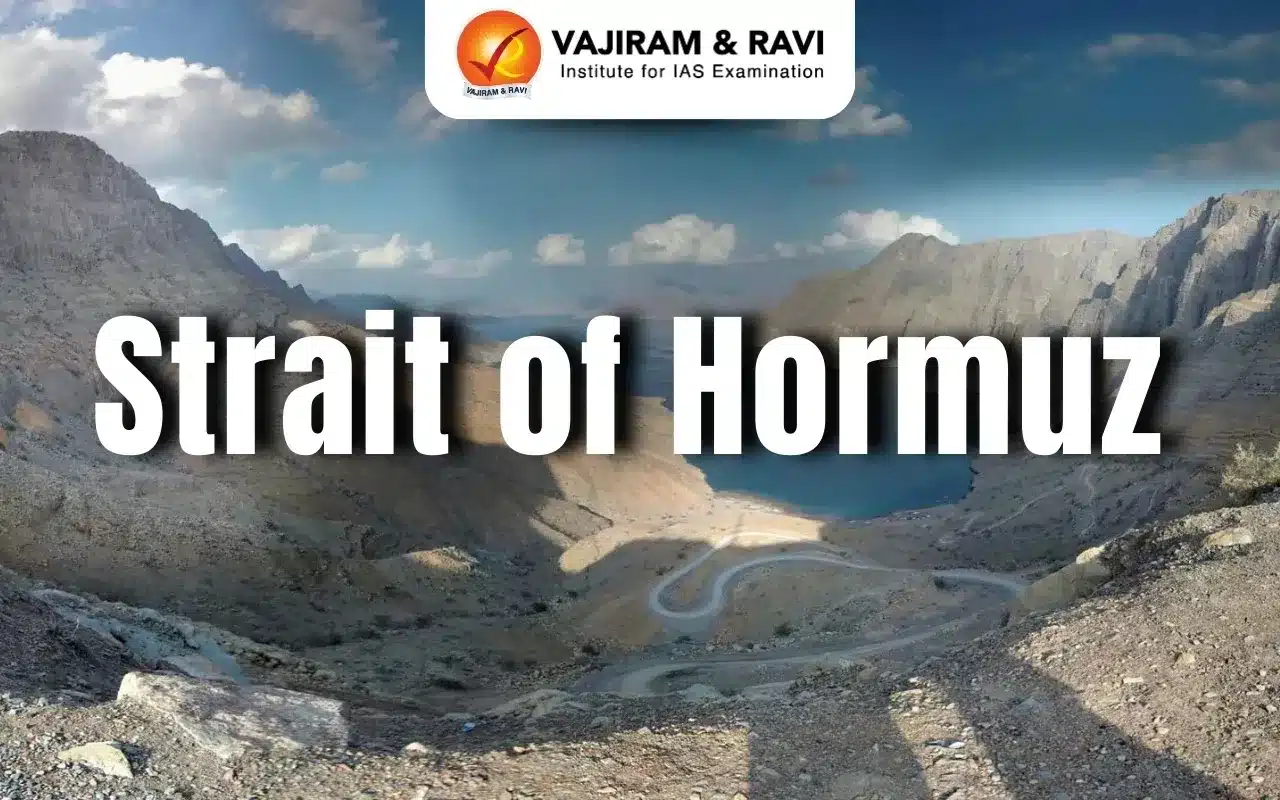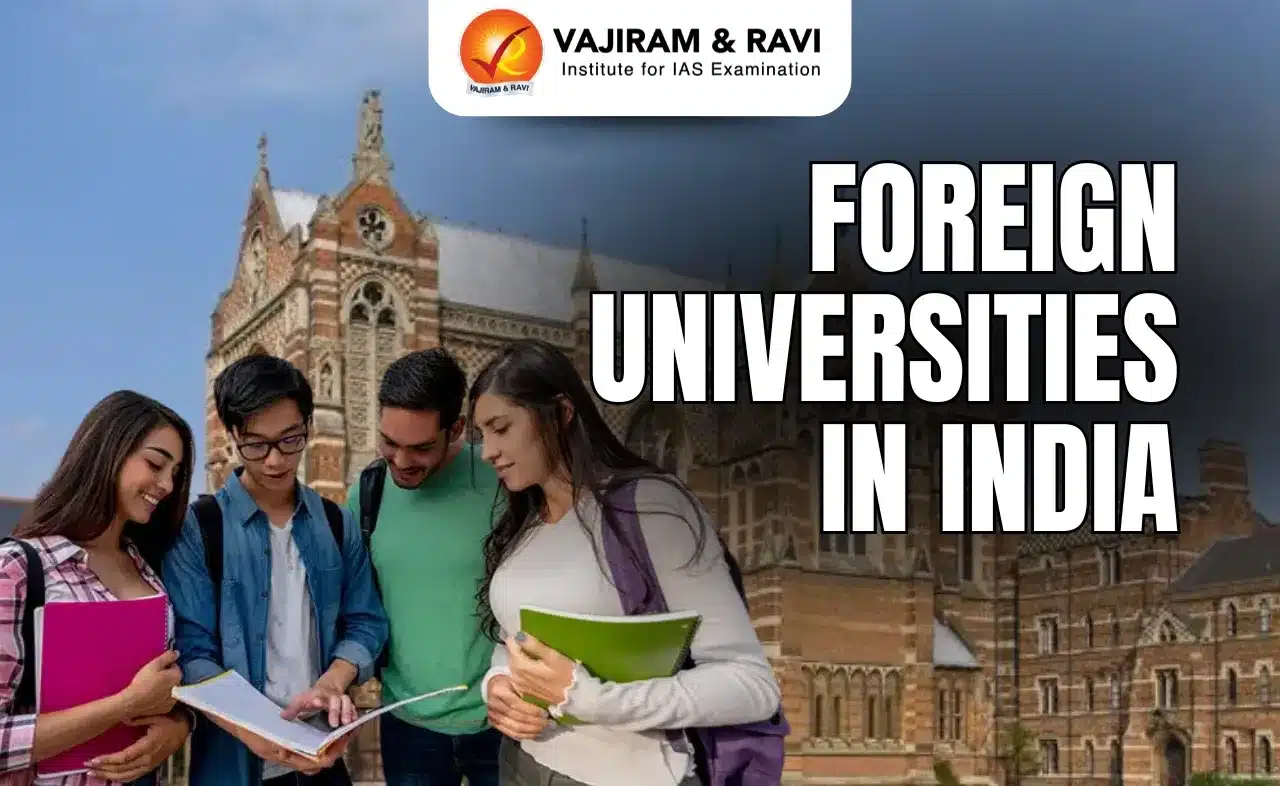What’s in today’s article?
- Why in news?
- Rajya Sabha elections
- Tenth Schedule and Rajya Sabha elections
- Supreme Court and 10th Schedule
- Way forward
Why in news?
- The Rajya Sabha elections in the States of Uttar Pradesh, Himachal Pradesh and Karnataka witnessed cross-voting by MLAs belonging to different parties.
- This has once again raised concerns about the sanctity of the election process.
Rajya Sabha elections
- Constitutional provision
- As per Article 80 of the Constitution, representatives of each State to the Rajya Sabha are elected indirectly by the elected members of their Legislative Assembly.
- The polls for Rajya Sabha will be required only if the number of candidates exceed the number of vacancies.
- In fact, till 1998, the outcome of Rajya Sabha elections were usually a foregone conclusion.
- The candidates nominated by various parties, according to their strength in the Assembly, used to be elected unopposed.
- Legal Provision
- The June 1998 Rajya Sabha elections in Maharashtra witnessed cross-voting.
- Hence, in order to rein in the MLAs from such cross-voting, an amendment to the Representation of the People Act, 1951 was carried out in 2003.
- Section 59 of the Act was amended to provide that the voting in elections to Rajya Sabha shall be through an open ballot.
- The MLAs of political parties are required to show their ballot paper to the authorised agent of their Party.
- Not showing the ballot paper to the authorised agent or showing it to anyone else will disqualify the vote.
- Independent MLAs are barred from showing their ballots to anyone.
Tenth Schedule and Rajya Sabha elections
- The 52ndconstitutional amendment introduced the anti-defection law through the Tenth Schedule in 1985.
- This Schedule provides that a member of a House of Parliament or State legislature who voluntarily gives up the membership of their political party or votes against the instructions of their party in a House are liable for disqualification from such House.
- This instruction with respect to voting is issued by the whip of a party.
- However, the elections to Rajya Sabha are not treated as a proceeding within the Legislative Assembly.
- The Election Commission, drawing reference to Supreme Court judgments, had issued a clarification in July 2017.
- It specified that the provisions of the 10thSchedule, with respect to voting against the instruction of the party, will not be applicable for a Rajya Sabha election.
- Furthermore, political parties cannot issue any whip to its members for such elections.
Supreme Court and 10th Schedule
- Kuldip Nayar versus Union of India (2006)
- The Supreme Court in Kuldip Nayar versus Union of India (2006), upheld the system of open ballot for Rajya Sabha elections.
- It reasoned that if secrecy becomes a source for corruption, then transparency has the capacity to remove it.
- The same court held that an elected MLA of a political party would not face disqualification under the Tenth Schedule for voting against their party candidate.
- He/she may at the most attract disciplinary action from their political party.
- Ravi S. Naik and Sanjay Bandekar versus Union of India (1994)
- In this judgement, the apex court held that that voluntarily giving up membership under the Tenth Schedule is not synonymous with only formally resigning from the party to which the member belongs.
- The conduct of a member both inside and outside the house can be looked into to infer if it qualifies as voluntarily giving up membership.
Way forward
- In India, we follow a two-fold principle. When it comes to voting in direct elections where the entire population is involved, we insist on a secret ballot.
- But in legislative chambers, where Bills are to be voted on, we do not insist on secrecy. The voting is open.
- The Rajya Sabha election fell halfway between the two kinds of votes. It elected MPs but the electoral college was not based on universal franchise: only MLAs could vote.
- It was decided that voting for Rajya Sabha candidates had more in common with voting on Bills than with general elections. So, the secret ballot was abolished and voting became public.
- Instances of cross-voting have undermined the higher principle of free and fair elections and their purity.
- Therefore, the court must reconsider its stance on whether cross-voting in such elections can be a valid ground for disqualification under the Tenth Schedule.
- Only then will the intent behind implementing the open ballot system be fully realized.
Q1) Who votes for Rajya Sabha election?
Members of the Rajya Sabha are elected by the elected members of the Assemblies of States and Union territories.
Q2) What is the strength of Rajya Sabha?
Article 80 of the Constitution lays down the maximum strength of Rajya Sabha as 250, out of which 12 members are nominated by the President and 238 are representatives of the States and of the two Union Territories.
Source: On cross-voting in Rajya Sabha elections | Explained | The Print
Last updated on June, 2025
→ UPSC Notification 2025 was released on 22nd January 2025.
→ UPSC Prelims Result 2025 is out now for the CSE held on 25 May 2025.
→ UPSC Prelims Question Paper 2025 and Unofficial Prelims Answer Key 2025 are available now.
→ UPSC Calendar 2026 is released on 15th May, 2025.
→ The UPSC Vacancy 2025 were released 1129, out of which 979 were for UPSC CSE and remaining 150 are for UPSC IFoS.
→ UPSC Mains 2025 will be conducted on 22nd August 2025.
→ UPSC Prelims 2026 will be conducted on 24th May, 2026 & UPSC Mains 2026 will be conducted on 21st August 2026.
→ The UPSC Selection Process is of 3 stages-Prelims, Mains and Interview.
→ UPSC Result 2024 is released with latest UPSC Marksheet 2024. Check Now!
→ UPSC Toppers List 2024 is released now. Shakti Dubey is UPSC AIR 1 2024 Topper.
→ Also check Best IAS Coaching in Delhi























